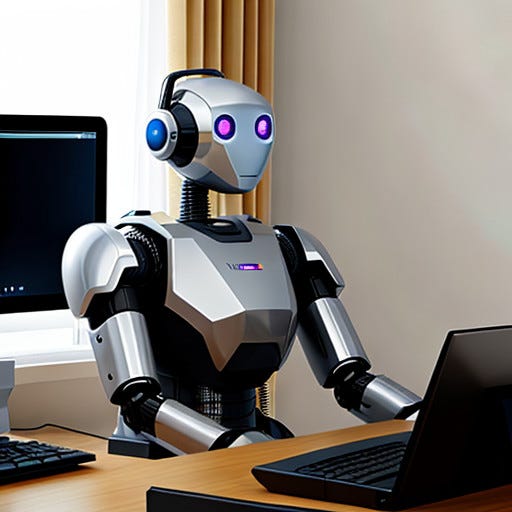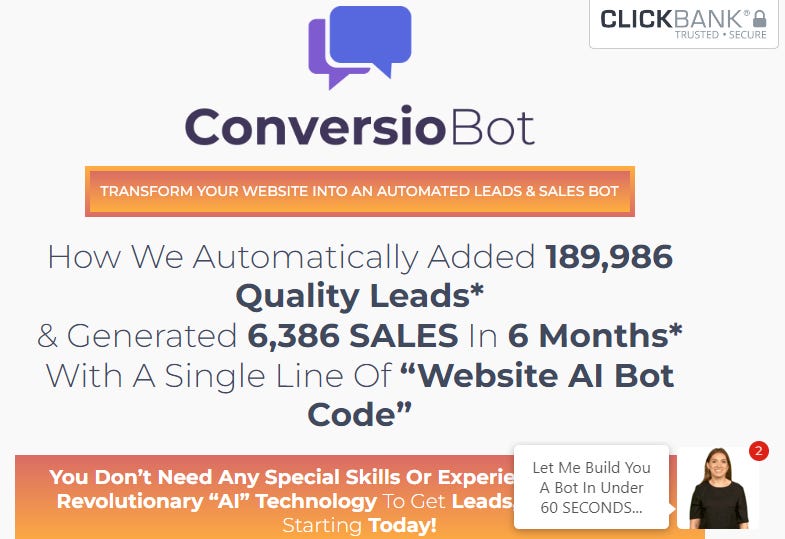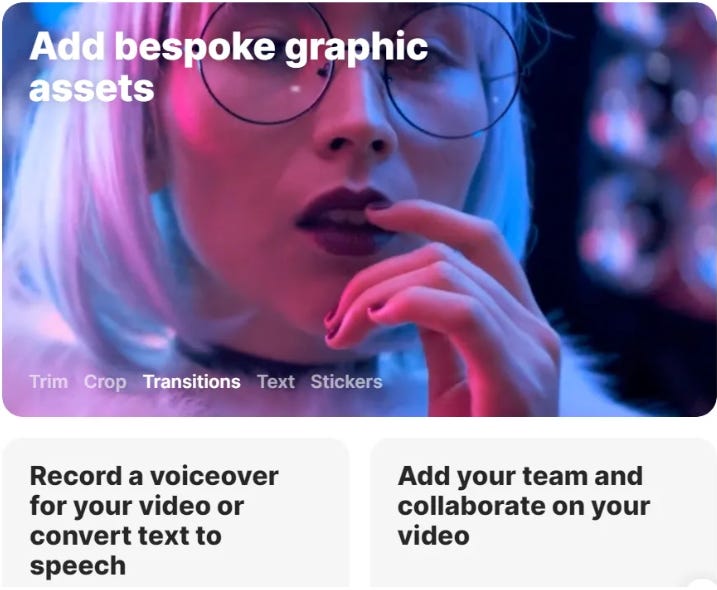The Age of Information Has Arrived: ChatGPT Now Surfs the Web
ChatGPT Can Now Browse the Web Like a Human - This Changes Everything as We Know It
The internet changed everything. Ever since the World Wide Web went mainstream in the mid-1990s, the ability to access virtually endless information with just a few clicks has transformed our world. But up until now, artificial intelligence has been cut off from this knowledge base that humans take for granted. That all changed today with OpenAI's groundbreaking announcement that ChatGPT can now browse the internet just like a human, bringing us into a new era of AI capabilities.
When ChatGPT was first released in November 2022, it immediately captured the public's imagination with its eloquent, human-like conversational abilities. But it was limited by its own knowledge, which only encompassed information up until September 2021 when its training data ended. While impressive in many ways, this meant ChatGPT could seem oblivious to current events and facts that any human with an internet connection would know. But not anymore.
With ChatGPT's integration today with Microsoft's Bing search engine, the AI can now scour the most up-to-date information on the web just by being asked a question, bringing its knowledge base firmly into the present day. According to OpenAI, this new browsing capability is available for ChatGPT Plus subscribers and ChatGPT Enterprise users via a dropdown menu when selecting the GPT-4 model.
This actually represents a return of web browsing for ChatGPT. Back in March 2023, OpenAI debuted third-party plugins for the AI chatbot, including one called "Browsing" that utilized Bing's API and a text-based browser. However, it was disabled within days due to exploitations allowing access to paywalled content. Now with protections like recognizing sites' robots.txt files that block scrapers, ChatGPT seems ready for public web access.
The implications of this change are profound and far-reaching. Now conversations with ChatGPT can seamlessly incorporate the most cutting edge information instead of just relying on its initial dataset frozen in time. Users can trust that ChatGPT's responses will accurately reflect the latest breakthroughs across every field of knowledge, from scientific discoveries to pop culture trends. No longer will the AI be oblivious when asked about new societal developments, viral memes, or the latest celebrity gossip. ChatGPT can browse the internet just like we do - its knowledge is unfettered.
This massive expansion of ChatGPT's scope was heralded on social media by OpenAI leadership like CEO Sam Altman, who exclaimed the AI assistant was now fully back in the game after its limited beginnings. While Microsoft's own Bing Chat already integrated web browsing powered by an undisclosed new OpenAI model, ChatGPT's implementation allows seamless access without leaving its ubiquitous interface. This ease of use within ChatGPT's existing broad capabilities is a game changer.
With ChatGPT able to freely search the internet, its potential applications are multiplied. Students can ask about current events for research papers knowing the AI will incorporate the latest facts and sources. Healthcare workers can have detailed, evidence-based conversations about new treatments and protocols as they emerge. Customer service reps can stay up-to-date on products and policies rather than being left behind by manual knowledge bases. The possibilities are endless now that ChatGPT can dynamically augment its knowledge.
Of course, allowing an AI unfettered access to the internet also raises concerns. There is vast misinformation and biased content on the web that could potentially skew ChatGPT's responses if it relies on untrustworthy sources. Its integration with Bing may also further centralize power in dominant tech platforms. These will be ongoing challenges as society navigates the pros and cons of increasingly capable AI systems. The technology is still in its infancy, and the hope is that principles of transparency, accountability and ethics will be proactively implemented as capabilities grow.
But in the meantime, this is undeniably a seminal moment in AI history. ChatGPT browsing the open web represents a paradigm shift in accessibility to humanity's collective knowledge for artificial intelligence. Until now, AI agents have been limited information silos - impressive, yet confined. With the ability to dynamically search the internet just as people do, systems like ChatGPT open the door to unprecedented potential. Of course, it will take time to fully realize these possibilities in practice, but the breakthrough capability is now in place.
ChatGPT first wowed the world by imitating human conversation, but still lacked basic context about current affairs its users intrinsically understood. That contextual gap has now been bridged. The floodgates of information have been opened to ChatGPT, bringing its knowledge and conversational abilities closer to parity with humans who've had unlimited access to the web their whole lives. This fusion of artificial and human intelligence is likely to accelerate, as systems like ChatGPT start browsing pages, processing multimedia, and making connections in the vast online data sphere automatically in the background just as humans do unconsciously.
In the months and years ahead, expect continuous improvements in ChatGPT's ability to synthesize this eruption of unstructured live data into ever more complete, relevant and thoughtful conversations that keep up with our fast changing world. ChatGPT accessing and comprehending the internet's endless information in real-time takes us into fascinating new territory. The AI can now combine its own formidable processing power with humanity's open knowledge base - that alchemy sets the stage for rapid enhancements in natural language capabilities.
Of course, plenty of difficult challenges remain in developing robust AI that navigates complex nuances. But with ChatGPT's new window to the wealth of human knowledge across the web, its evolution is poised to accelerate - as is the evolution of human-AI collaboration. The future looks bright as artificial intelligence taps the internet spigot that humans have enjoyed for decades. With great knowledge comes great capability - and great responsibility. The age of information for AI has arrived, and this is just the beginning.







